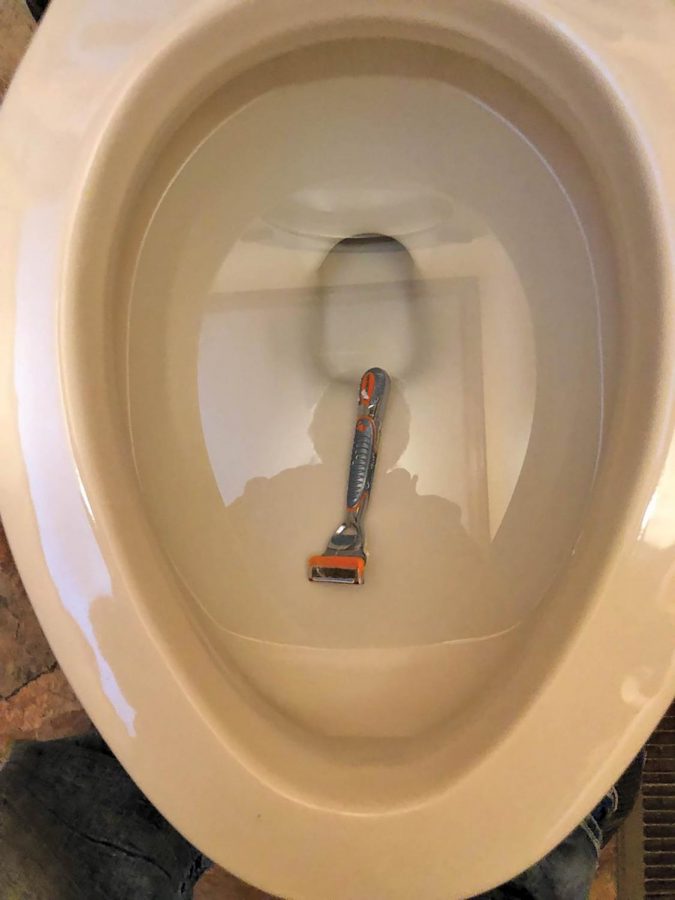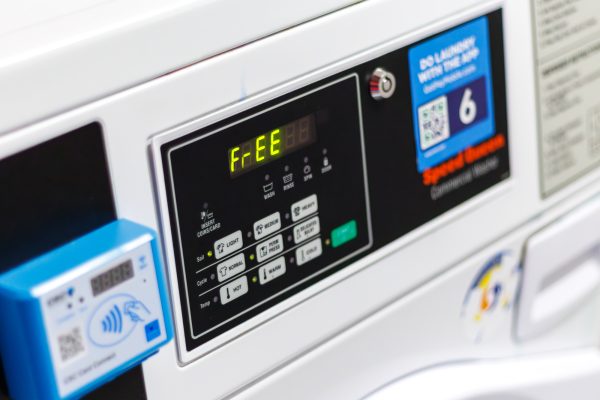Gillette ad response only proves point: toxic masculinity prevails
The Gillette ad has amassed almost 28 million views on YouTube.
A few weeks ago, Gillette released an ad in which they take on the topic of toxic masculinity. The ad showed us various situations of bullying and catcalling, echoed some of the Me Too movement news reports and gave us a chilling image of a line of men at a grill repeating the phrase “Boys will be boys will be boys,” as two young boys wrestled along the lawn.
Then the ad changes to show us other men intervening the catcalls, stopping the boys’ fighting and a father helping a young boy being bullied. The ad wanted to break the idea of the “best a man can get” by telling them to “do more to be their best.”
But did the ad actually achieve that?
Social media burst with responses, varying from many praising the ad for speaking out on the topic, and many rejecting it for trying to impose a stance on its audience. What is it about the ad’s message that seemed to upset some people? Based on the responses, it seems that many men did not like the way the ad portrayed masculinity.
However, there is a difference between masculinity and toxic masculinity. Toxic masculinity is the mindset that could be psychologically detrimental to young boys. It’s the radical idea that society imposes, which indirectly or directly suggests it’s normal to fight, they’re entitled to catcall or that anything slightly unmasculine is a reason to bully someone.
Many who reacted negatively and even stopped using and buying Gillette products altogether showed exactly how attached many men get to the concept of their masculinity, proving how harmful the mindset could be. Surely, many people have seen the infamous tweet of a razor inside a toilet that circulated Twitter.
The ad wasn’t intending to bash masculinity at all, just toxic masculinity. Maybe that is where the commercial failed- specificity and execution. Instead of seeing it as Gillette speaking out on the effects of toxic masculinity, men may have seen it as an attack because they like being masculine, or they felt they were painted in a negative light if anyone was masculine. In that sense then, is the audience justified in feeling upset? It is possible they didn’t grasp the concept the way the ad intended it to be understood.
According to CNN, Gillette claims their sales are the same as they were before the ad, and continuing their steadying growth, despite many assumptions that they might drop.
This raises another concern some people had about the ad- is the Me Too movement and the topic of toxic masculinity somehow less credible now that a razor company has decided to speak out on it for marketing purposes? This is a valid concern for many, as it feels wrong to take something serious and use it for a hopeful rise in sales.
On the other hand, the company had a chance to reach a large audience for an impact, and it took it. Despite their possible ulterior motives, it is interesting to note that not a single razor is used or even shown in the ad.






